Born in 1947 in Tulsa, Oklahoma and raised in Phoenix, Arizona George Butte studied music and English at the University of Arizona and began his PhD at Johns Hopkins before going to Oxford to read for a BPhil in English. He returned to the US to complete his PhD and took a position at Bishop College in Dallas, Texas, going on to become Professor of English at Colorado College from 1974. Butte has published on literary and narrative theory and intersubjectivity and teaches courses on areas including literary and narrative theory, film, narrative medicine and the British novel. He is the author of I Know That You Know That I Know and Suture and Narrative: Deep Intersubjectivity in Fiction and Film. He has also served on many Rhodes Scholarship selection committees. This narrative is excerpted and edited from an interview with the Rhodes Trust on 18 April 2024.
George Butte
Arizona & New College 1968
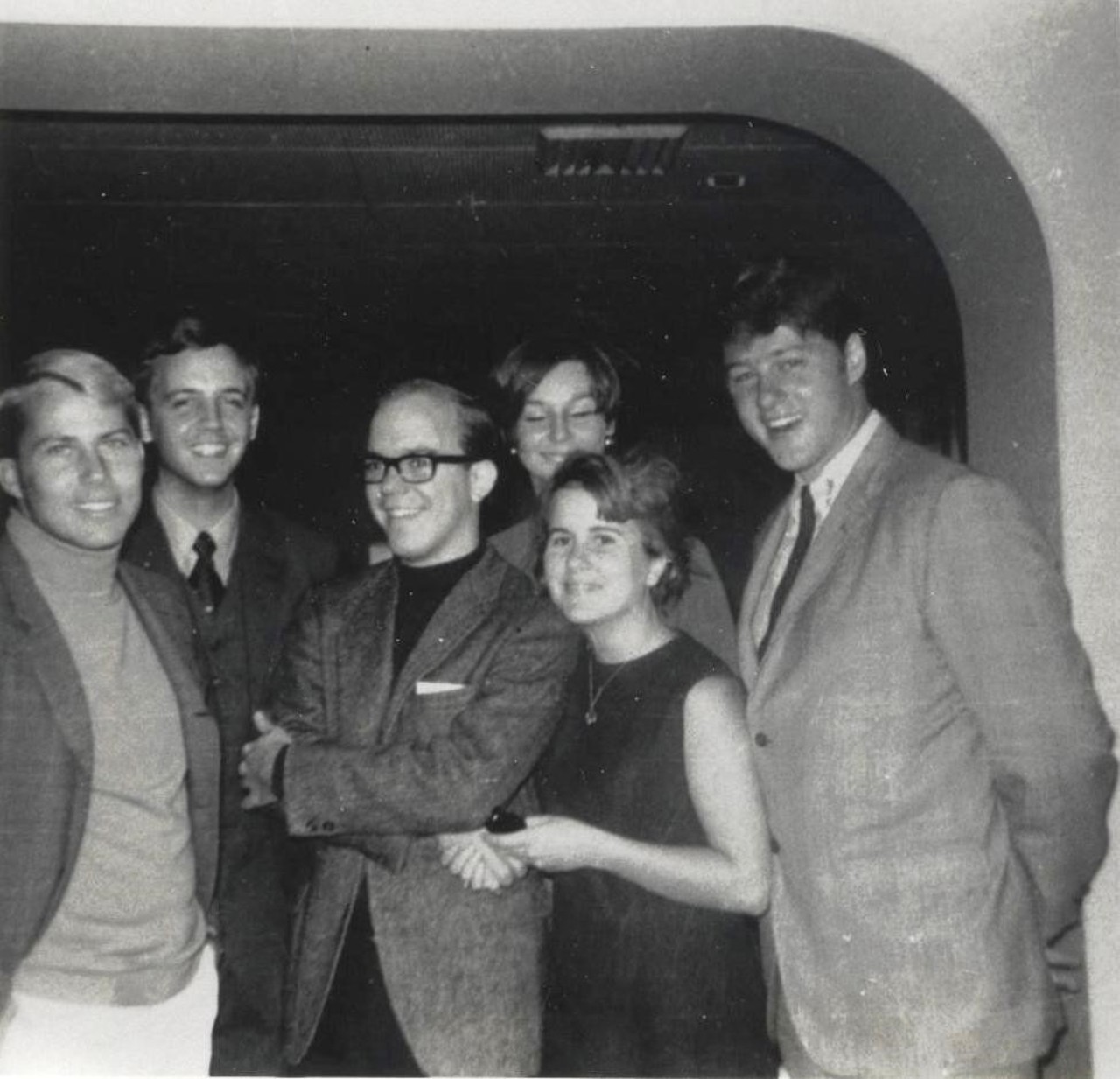
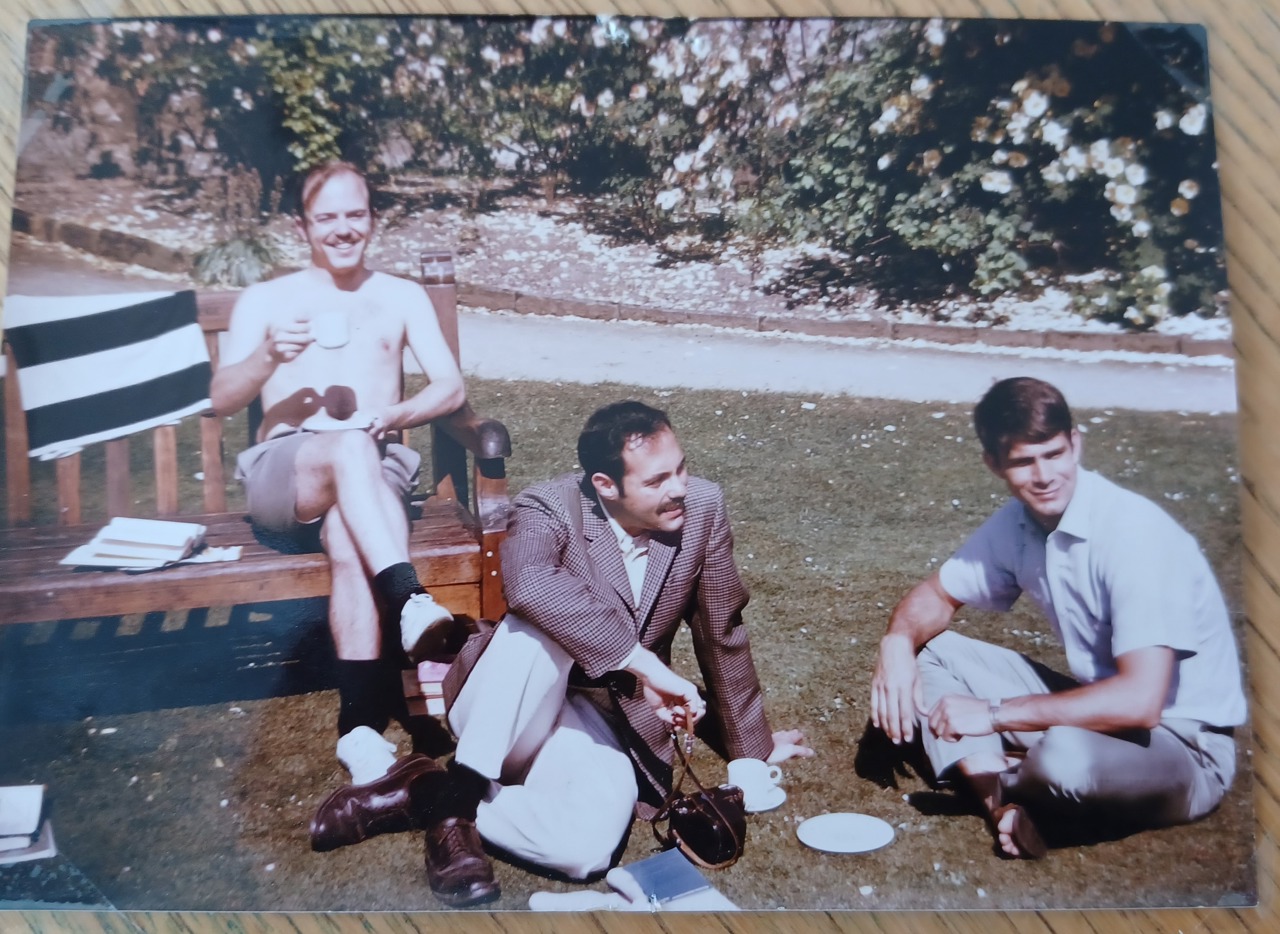
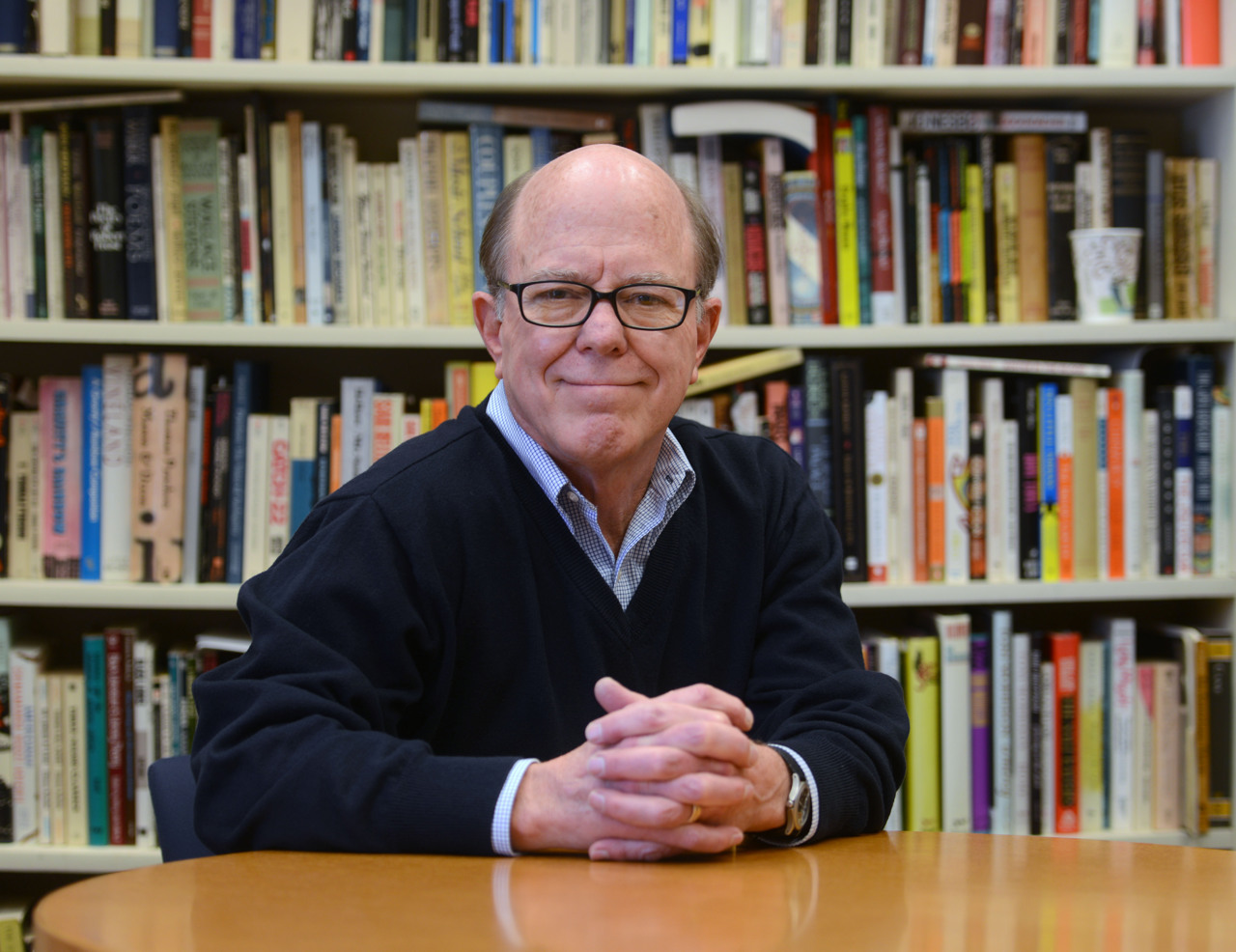
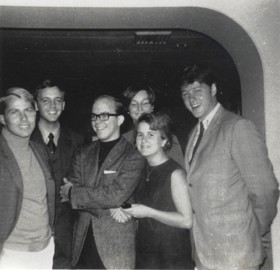
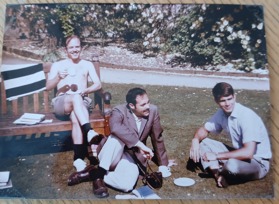

On finding order in the world
My parents were both elementary school teachers, and the family was very musical. My older sister was practising four or five hours a day at the piano by the time I was eight or nine, and I followed her in that. I think all that time doing scales and getting the rhythm necessary to do runs in Bach and Mozart gave me a world of order that was very satisfying. I also think it gave me the skills that later translated to navigating Dickens and understanding Schopenhauer and so on. The languages complement one another.
So, that was my early life, a world of figuring out codes and also safety and order inside all those scales. I was lucky to have a lot of cultural capital in my family, but there wasn’t a lot of money and there wasn’t the chance to see a lot of theatre or music. So, like a lot of intelligent people with limited resources, I read. I had an English teacher in high school who was very influential, and she had us reading Jane Austen and Crime and Punishment, and it opened the world to me.
On applying for the Rhodes Scholarship
I was very happy to go to University of Arizona, not least because my time there studying music and English coincided with the three years that Russell Sherman taught there. He was an amazing guy, because alongside teaching piano, he had a BA in philosophy from Columbia, and he was a great model for me, helping me understand that you need to see the world in a variety of ways. So, I remember studying the Liszt B minor sonata with him and we would talk about Neapolitan sixth chords and the relationship between Nietzsche and Liszt, and it was just so valuable for me, to experience those ways of thinking.
I’d always heard about Rhodes Scholarships, and in fact, my father had spent a year at Oxford in the 1920s, so that connection was there. Actually, I applied twice. The first time, the Arizona state secretary on the committee spoke to me after the interviews and said, ‘George, the committee really liked your application, but they think you’re too young.’ I’d skipped a year in school, so I was younger than most of the applicants. And it was so helpful that he said that to me, because if he hadn’t, I’m not sure I would have applied again the next year. By the time I won the Scholarships I had already started studying for a PhD at Johns Hopkins, and they agreed that I could take a diversion, so to speak, to go to Oxford.
‘The opening up of a cultural world’
I remember coming over on the USS United States and arriving in Southampton. I was so excited, because I’d spent so much of my life reading Hardy and Dickens, and I couldn’t wait to see England. As it was, we arrived in the dark, and it was raining too. But the next morning, when I opened the curtains in my room in New College, there was this bright blue sky, and the eleventh-century city wall and the New College spires beyond that, and it was the most wonderful introduction to Oxford.
For me, Oxford was the opening of a cultural world to me. Mostly, that was about being so close to London. I saw Fonteyn and Nureyev. I saw a very young Helen Mirren in Troilus and Cressida. I’d read a lot of Shakespeare, but I’d never seen it performed, so suddenly, it came alive for me. And the museums were extraordinary. The National Gallery is still my favourite museum in the world.
I’ll be honest, though: academically, Oxford was not very important to me, partly because English at Oxford in the 1960s was very provincial. I had been at Hopkins at this earth-shattering time when J. Hillis Miller and Jacques Derrida were inventing deconstruction, which was at the forefront of poststructuralism. Oxford, by contrast, was doing what they’d been doing for 100 years. They had some wonderful people, though. I certainly read a lot, and the libraries were great.
‘Someday I’ll retire, but I’ll probably find a way to continue teaching’
I knew that I wanted to be a teacher and I had my arc planned. I was a little worried, because the market for academic jobs was beginning to fall apart, but certainly, my credentials helped. My first teaching position was at Bishop College, a historically black college in Dallas, Texas. For someone like me who had come from a background which was almost totally white, four years being the only white person in the room was a tremendously important experience.
Some people that I worked with at Hopkins were very disappointed when I took the job at Colorado College, because their idea was to produce someone who would write a bunch of books and become a famous critic, but not somebody who was going to teach..... undergraduates?! So, there was a good deal of snobbery.
The one person who was happy that I came to teach at Colorado College was Hillis Miller, who had the idea that there was more to life than just knowing one thing. He was a brilliant mind, and he opened the door for me to certain kinds of phenomenology, particularly the work of Merleau-Ponty. What I’ve done is to study how narration constructs consciousnesses, what we call ‘intersubjectivity’. I’m interested in the layering of consciousnesses in storytelling. One of the great people I work with in my courses is Henry James, who was particularly interested in the way we mis-know each other, and on top of that, how you mis-know how I mis-know. People destroy their lives and their marriages and so on, because they only partly see each other, and the layers of mistaking and understanding get mixed together in these sometimes hilarious ways and sometimes very sad ways...... I love teaching. Someday, I’ll retire, but even then, I think I’ll probably find a way to continue teaching. It’s my favourite thing.
'The connected view'
I know that Oxford has changed and that a lot more Rhodes Scholars are now doing graduate degrees instead of second undergraduate degrees, but I do think it would be a shame if that led to more specialisation at the expense of a broader liberal education. I think we are seeing a greater and greater pre-professionalising of education. For example, I live in a nice neighbourhood in Colorado Springs where the goal for most of my neighbours is to send their kids to our elite local public school, because as kindergarteners, they’re starting their road to Harvard Medical School. It’s totally tunnel vision.
I’ve been watching my daughter’s work in nature conservation and what she has been learning while doing that is a case in point: her focus is on saving lemurs in Madagascar. Lemurs are endangered, not least because their forest habitat has been disappearing. In order to address that, my daughter and her colleagues are having to broaden their understanding of the social factors around poverty in Madagascar, where people have needed to cut down the forests to build shelter, to cook food, and so on. In other words, to save the animals, you have to know something about political science and culture, you have to look at causes of poverty and religious scenarios. Working in specialised siloes won’t work. So, my advice to current and future Rhodes Scholars would be to reach for what Socrates called ‘The connected view’. Of course, you’ve got to know something in detail. Absolutely. But you need to know more than one thing. If we can’t talk to each other and work with each other across disciplines, then we can’t solve the big problems facing the world.
